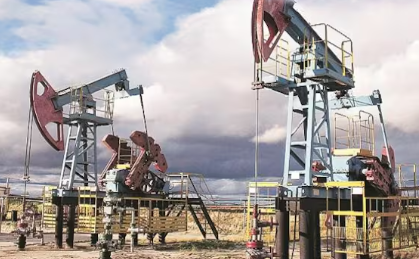Parliament Introduces Bill for Oil and Gas Policy Stability
The Oilfields (Regulation and Development) Amendment Bill, 2024, was introduced in the Rajya Sabha to improve investment in the oil and gas sector. The Bill aims to stabilize policies, facilitate international arbitration, and extend lease durations to address long-standing concerns from investors.
Policy Stability
The Bill proposes that the terms of a petroleum lease will stay the same throughout the lease period, even if the lessee (the person or company leasing the land) is disadvantaged. This stability is meant to reassure both Indian and foreign oil and gas producers about their financial returns.
Dispute Resolution Mechanism
One key change introduced by the Bill is the option to resolve disputes through arbitration, which can be done either within India or internationally. This responds to requests from foreign companies for ways to handle disagreements outside of local courts.
Longer Lease Periods
The Bill also introduces new regulations allowing the government to merge or combine petroleum exploration licenses and mining leases, leading to longer lease durations. This provides more certainty for companies exploring for oil and gas. Another important feature is “unitisation,” which allows for the joint development of connected oilfields. This means that production and processing facilities can be shared, making resource development more efficient.
Regulatory Efficiencies
By changing the term “mining leases” to “petroleum leases,” the Bill aims to simplify regulatory processes. This change emphasizes that petroleum exploration has a lower environmental impact compared to other types of mineral extraction, which should speed up approvals. Additionally, the Bill seeks to replace criminal penalties for breaches of petroleum law with financial penalties. This change aims to create a more business-friendly environment.
About Oilfields Regulation
Oilfield regulation is often overlooked but is important. Many countries follow guidelines from the International Energy Agency. In the U.S., the Bureau of Land Management oversees federal lands, while state agencies manage onshore fields. Offshore drilling is regulated by the Bureau of Ocean Energy Management. Environmental Impact Assessments are required before drilling begins, and the National Environmental Policy Act (NEPA) is crucial in this regulation. Regulations also control flaring to reduce gas wastage, and advances in technology have improved safety in oil extraction.
Month: Current Affairs - August, 2024
Category: Legal & Constitution Current Affairs








